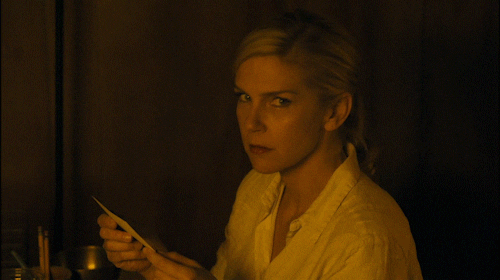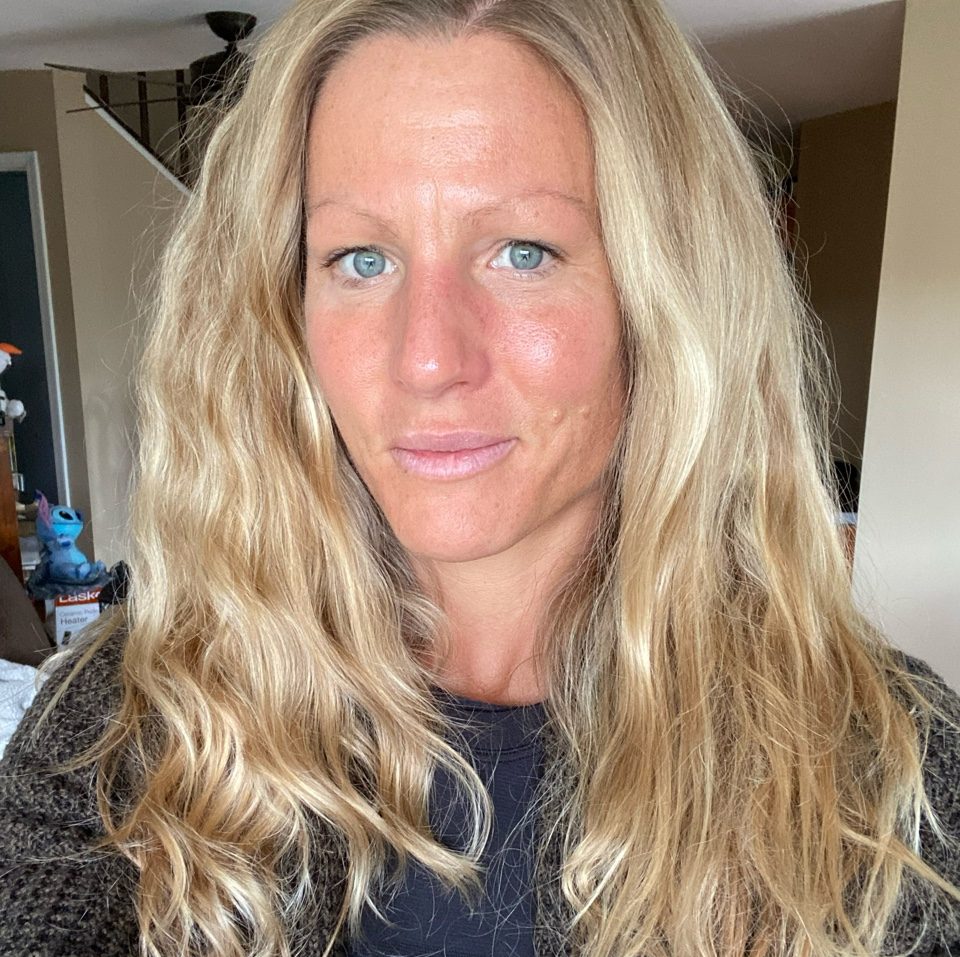
In between finishing “Ozark” on Netflix and waiting for the final block of “Better Call Saul” episodes to air on AMC (DVR is set for Monday night! Woo hoo!), my husband and I spent 4th of July weekend binging this relatively new “Yellowjackets” show that one of my friends recommended to me.
We had to subscribe to Showtime to watch it, but $12 a month seemed a small price to pay for entertainment we both actually agree on.
Hubby and I typically have similar viewing tastes, but his issue is my affinity for playing and re-playing my favorite series (“Sopranos,” “Breaking Bad,” “Game of Thrones,” “Fargo,” “The Wire,” “The Twilight Zone,” the list goes on…) over and over on an endless loop. And do not ask me why, because they’re awesome, but he does not care for “Dateline,” “Forensic Files,” “City Confidential,” and true crime investigative exposés of that ilk. 🤔
Meanwhile, I’m completely obsessed with all of the above. Whether it’s movies or TV shows or books or podcasts or even stuff I Google when I’m sitting around, I literally cannot get enough of…how would I even classify it? Crime dramas? Murder mysteries? Suspense stories? Profiles in psychopathology? “Tales From the Dark Side”?
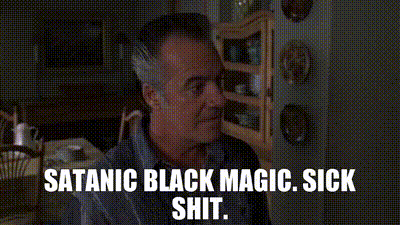
My friend shuddered when she told me about “Yellowjackets,” saying she can’t handle any more evil doings in her entertainment, given the state of the real world, but considering my history and proclivities, I would probably like it. She could not have been more right.
Not only are the protagonists high school athletes in the Class of 1996, just like I was, and the show makes constant references to the 90s, playing songs straight out of my cassette collection (The Cranberries, The Offspring, Smashing Pumpkins, Wilson Phillips, Seal, and even Deep Blue Something)…but considering it explores what happens when a bunch of kids get stranded in the wilderness and have to survive, left to their own devices, it’s basically a re-imagining of “Lord of the Flies,” one of my favorite books from back in school. The fact that it’s American teenage girls, instead of British choir boys…brilliant!
We all know that demographic is prone to a special brand of wickedness.
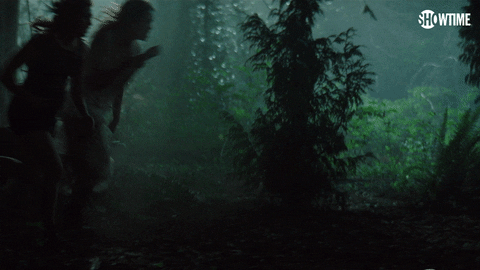
I would really call the show a mix between LOTF and “The Blair Witch Project”; there seem to be occult forces steering the girls’ descent into madness. If I have any criticism of the show — other than the terribly grating title sequence — it’s that focus on supernatural stuff. I feel like there is plenty of darkness to mine from human hearts and minds, without having to blame evil spirits or demonic possession for adverse events and depraved behavior.
Of course, the scariest scene in the first season does happen when the group is tripping on magic mushrooms. A comment on how drugs can unleash the devil? Relatable.
This wasn’t meant to be a “Yellowjackets” review, but watching the show made me contemplate, once again, my strong attraction to darkness. I’ve always been drawn to stories — both fiction and non-fiction — of complicated humans reckoning with “good” vs. “bad,” both out in the world and deep within themselves. I’m fascinated by case studies of real — or at least realistic — people battling demons, and like I said, you don’t need to conjure up a fantasy world full of ghosts, ghouls, witches or white-walkers to create tragic or terrifying scenarios.
I mean, yeah, look outside. 😢
Maybe I gravitate toward media that explores the unsightly underbelly of humanity and how/why right bleeds into wrong, because it helps me make some sense of reality, in a safe space, on my own time. Or maybe it’s because my past is its own study in abnormal psych, and my future plans involve helping others who’ve (temporarily) lost their way.
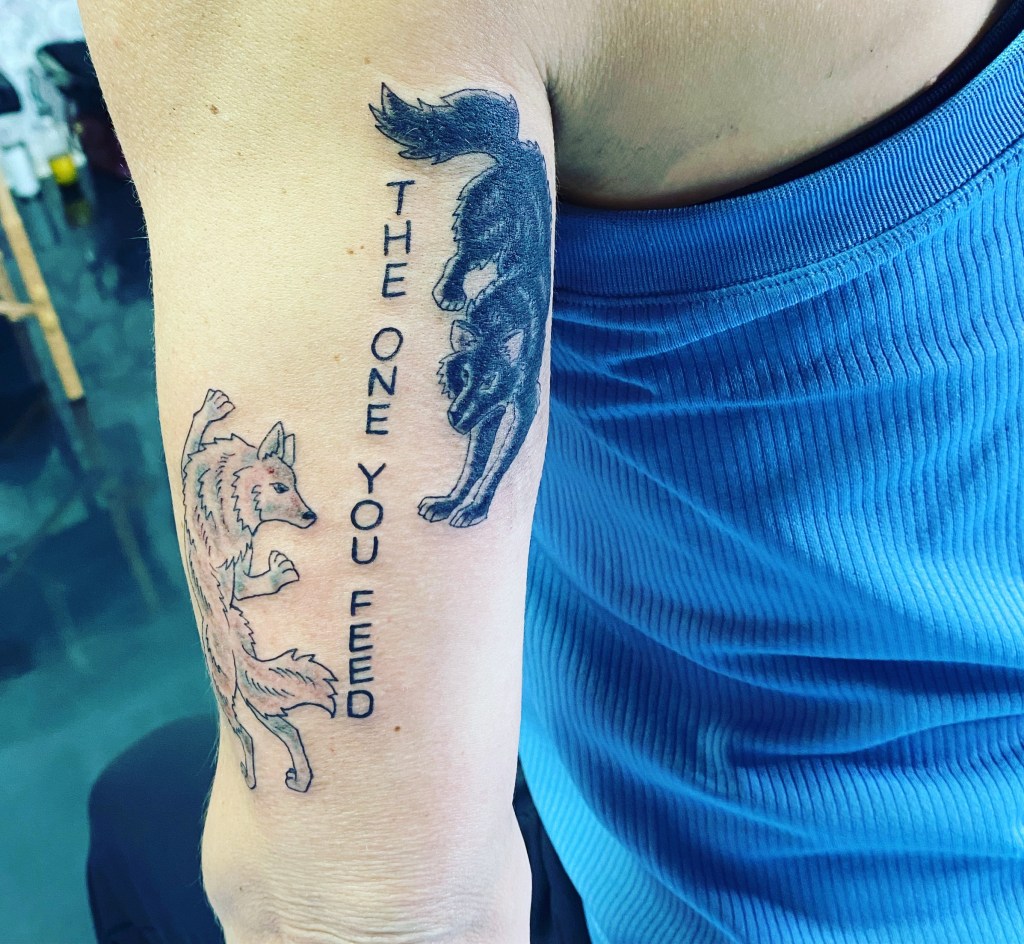
As suggested by the Native American parable of “The Two Wolves” that I memorialized on my tricep to celebrate two years of sobriety, I believe we all have light and dark sides, and whichever we choose to indulge will ultimately determine our circumstances.
If that internal battle is a universal experience, when we habitually reach for external coping mechanisms (drugs, sex, shopping, etc.) to dull our feelings or avoid discomfort, instead of staying present and pushing through life’s intense moments, we weaken our ability to keep up the fight. It gets easier and easier to slip over to the dark side, and before you know it, you’re living there. You’ve lost track of your light, and finding it again can seem like far too daunting a task.
I, of course, know this firsthand, having battled a 20-year addiction and done so many of those things I “never thought I’d ever do” while allowing my dark side to run amok. I long ago stopped saying, “That’s not me!” when hit with ugly flashbacks from my drinking days, because in truth, it is. Recovery has forced me to take a long, hard look at my true self and acknowledge all my many parts — even the ones that send shivers down my spine.
I still possess those parts; I just don’t engage with them nearly as much. I work on resolving my issues, instead of shuffling around on autopilot and passively riding the downward spiral. I also make a lot better choices when I’m not intoxicated. Amazing how that works, right?
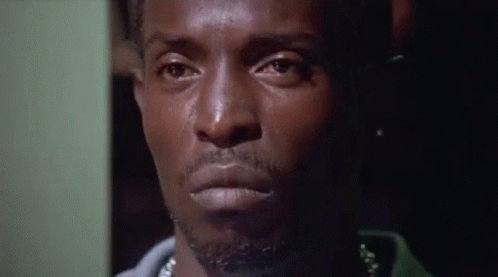
I totally get why addiction happens, and how it ensnares a person, and what makes it so difficult to break free. And yet, I’m still haunted by stories of relapse and overdose. Michael K. Williams (above), the actor who played Omar on “The Wire,” OD’d last year after a long battle with drugs, and the latest episode of the show’s 20th anniversary podcast was devoted to his memory. It barely hinted at his cause of death, though, and while I get that his costars were there to talk up Williams’ positive qualities as an actor and person, I found myself thinking, “But what was it that kept bringing him back to drugs for all those years, even after he’d achieved so much success? What was really going on with him?”
Sounds naïve, I know. Understanding what it’s like to be addicted, and to hunker down deep in your own darkness, does not automatically mean I understand what drives every addict. I desperately want to, though. And I guess that’s why I went back to school.
My personal struggle to “feed the right wolf” is what inspired me to get my master’s in psychology and to (hopefully) pursue a career as a mental health/substance abuse counselor. I’m only one year into my studies, but if I’ve gained any wisdom that I want to share with clients someday, it’s this: Whatever negative shit you’re dealing with, there is nothing truly “wrong” with you. For all the personal challenges that you feel are uniquely yours and seem to set you apart from the rest of society, you are really not so “different” from anybody else walking the Earth.
Everyone is f*cked up. Everyone feels pain in one way or another. We’re all recovering from some kind of trauma, whether it’s a big ‘T’ or a little ‘t,’ as they say in the field. Our problems are just parts of us; they do not have to define us. Understanding that, I think, paves the way for change. We can all find the courage to live authentically and with purpose, channeling the strength we already possess inside, instead of always looking for outside “assistance.”
Again, I’m just a second-year grad student with only three years in recovery, and I certainly don’t have it all figured out. I mean, I don’t even have the courage to try out a new TV show unless my husband throws a fit and begs me not to make him watch [fill in HBO series] again. To which I say…
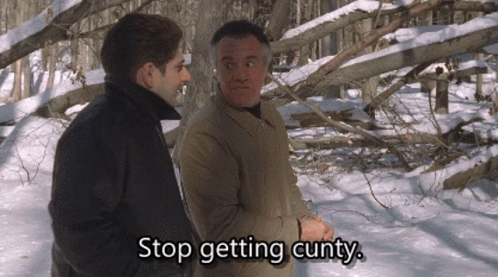
Gotta admit, as excited I am about the home stretch of “Better Call Saul,” which has to be one of the most perfect shows ever made, I’m terrified to watch these last few episodes. There is a key character who doesn’t show up in “Breaking Bad,” which means…OMG, Kim! I can’t even go there! 🙈🙉🙊
Maybe I’m getting a little too into this stuff, but hey, I can think of a lot less-healthy forms of escapism! And not for nothing, I’ve discovered that watching shows and reading books sober — in other words, actually paying attention to WTF is going on — gives you a much deeper level of immersion in, and appreciation for, the story.
Amazing how that works, right?
